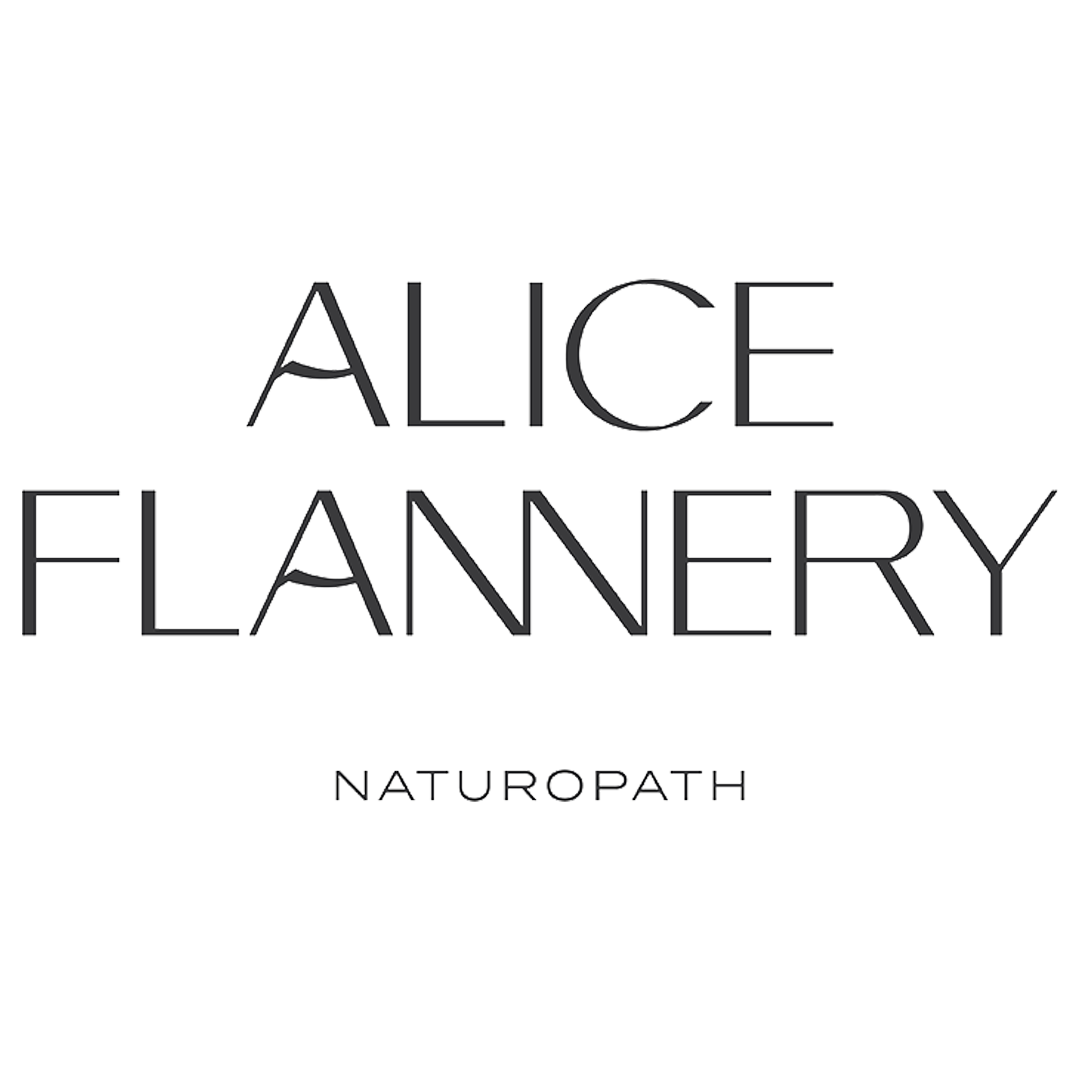Does Your Liver Need Some Love?
The liver is often referred to as the master organ in the body, and its biological functions include the storage, filtration, production and metabolism of all chemicals that enter through the body.
Signs and symptoms of liver disease can present in a multitude of different ways, and can be varied and often vague. Common signs of liver dysfunction include:
〰️ Puffiness
〰️ Dark under eyes
〰️ Jaundice
〰️ Bad breath
〰️Bruise easily
〰️ Headaches and migraines
〰️ Lack of appetite (especially morning appetite)
〰️ Sensitivity to fatty foods
〰️ Anger
〰️ Alcohol intolerance
〰️ Skin complains
〰️ Nausea + diarrhoea
In traditional Chinese medicine, the liver is associated with the hours between 1-3am. During this time, the body should be in a deep restful sleep, associated with detoxification and renewal. Waking at this time can indicate liver stagnation or congestion.
Non-Alcoholic Fatty Liver Disease (NAFLD) is the most common chronic liver disease in Western countries. NAFLD has been described as a chronic inflammatory state, and is predominantly attributed to insulin resistance and metabolic syndrome. Other factors involved in the pathogenesis of NAFLD include:
〰️ Cardiovascular disease
〰️ High fructose consumption
〰️ Hepatitis C infection
〰️ Endocrine dysfunction
〰️ Inflammation
NAFLD is generally asymptomatic, however symptoms may include:
〰️ Fatigue
〰️ Depression
〰️ Upper right quadrant pain / fullness
〰️ Hyperpigmentation or discolouration of the neck, knuckles, elbows and knees
Naturopathic perspective focuses on stable and long-term weight loss if applicable, due to the link between excess weight, metabolic syndrome, inflammation and fibrosis of the liver.
Dietary modification is fundamental for supporting NAFLD and should form part of the first line of treatment, alongside exercise. The impact of obesity on the prevalence of NAFLD is clear, therefore weight reduction is often a primary goal of dietary modification.
Dietary Recommendations:
〰️ Eliminate or reduce consumption of refined carbohydrates, processed foods and takeaway foods
〰️ Enjoy a whole food diet – fresh fruit and vegetables, good quality animal protein, nuts, seeds & grains
〰️ Reduce intake of saturated and trans-fats found in processed foods
〰️ Increase intake of omega 3 fatty acids found in oily fish, nuts & seeds, extra virgin olive oil
〰️ Consume smaller, more frequent meals
〰️ Enjoy a diet rich in antioxidants – brightly coloured fruit & vegetables such as berries, dark leafy greens, turmeric, red capsicum
〰️ Ensure adequate fibre intake – important for weight reduction, reduces cardiovascular risk factors and blood glucose regulation. Fibre also assists with detoxification and digestion. Rich sources of fibre include fruit & vegetables (particularly with skin on), nuts & seeds, psyllium husk and oats
〰️ Follow a low GI diet – research has shown the benefits of a low GI diet for metabolic syndrome and insulin resistance which is often implicated in NAFLD
〰️ Incorporate cruciferous vegetables as these support detoxification pathways in the liver. This includes broccoli, cauliflower, kale, cabbage, Brussel sprouts
〰️ Consume dandelion tea for its antioxidant properties. It also has a protective effect on the liver
〰️ Incorporate bitter foods to improve liver detoxification. Bitter foods include endive, dandelion, watercress, kale, rocket and olives
Nutritional medicine can be beneficial for individuals with NAFLD to support liver function. Nutrients that have been shown to have a positive impact on NAFLD include:
〰️ Zinc: zinc deficiency and dysfunctional zinc metabolism have been linked to hepatic stress and inflammation
〰️ Magnesium: studies have shown magnesium can improve insulin sensitivity in metabolic syndrome
〰️ Essential fatty acids: exert anti-inflammatory and antioxidant activity, which has been shown to be beneficial in the treatment of NAFLD
There are specific herbal medicines that have been shown to exert a positive effect on NAFLD. It is important to always consult a qualified Naturopath or health care practitioner before utilising herbal medicine to ensure treatment is suitable for your unique needs.
St Mary’s Thistle, a well-known herb, has been shown to be beneficial in the treatment of NAFLD due to its effect on lowering blood sugar levels and decreasing inflammatory markers.
Licorice is another well-known herb that is often utilised in the treatment of NAFLD. It has been traditionally used for liver disorders, and research has shown anti-inflammatory effects in NAFLD.
